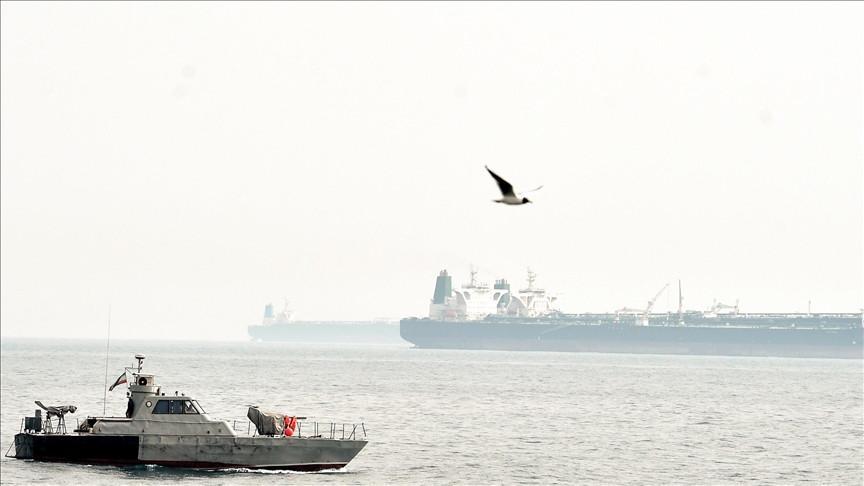
U.S. Secretary of State Marco Rubio urged China Sunday to help deter Iran from shutting down the Strait of Hormuz, a crucial trade route, following American strikes on Iranian nuclear sites.
"I encourage the Chinese government in Beijing to call them about that because they heavily depend on the Strait of Hormuz for their oil," Rubio said on Fox News.
Analysts have said Iran may opt to retaliate to Washington's early Sunday attack by shutting the Strait, a waterway through which one-fifth of global oil output passes.
"If they do that, it will be another terrible mistake. It's economic suicide for them if they do it, and we retain options to deal with that," Rubio added.
"But other countries should be looking at that as well, it would hurt other countries' economies a lot worse than ours. It would be, I think, a massive escalation that would merit a response. Not just by us but from others," he said.
Meanwhile, Iran has threatened bases used by the U.S. military, with an advisor to Iran's supreme leader Ayatollah Ali Khamenei saying they will be considered a "legitimate target for our armed forces."
However, it remains to be seen whether the U.S. strikes will push Tehran to de-escalate the conflict or to widen it further.
China has joined Russia and a chorus of Arab states in condemning the U.S. attacks, saying that they "escalate tensions in the Middle East."
Oil prices surge
Oil prices surged and Asian markets traded lower on Monday on concerns of disruption to energy markets after U.S. air strikes on Iran's nuclear facilities.
The dollar strengthened as traders assessed the weekend's events, with Iran threatening U.S. bases in the Middle East as fears grow of an escalating conflict in the volatile region.
Iran is the world's ninth-biggest oil-producing country, with output of about 3.3 million barrels per day.
It exports just under half of that amount and keeps the rest for domestic consumption.
If Tehran decides to retaliate, observers say one of its options would be to seek to close the strategic Strait of Hormuz - which carries one-fifth of global oil output.
When trading opened on Monday, Brent and the main U.S. crude contract WTI both jumped more than four percent to hit their highest price since January.
They pared these gains however and later in the morning Brent was up 2.1 percent at $75.43 per barrel and WTI was 2.1 percent higher at $78.64.
Economists at MUFG warned of "high uncertainty of the outcomes and duration of this war", publishing a "scenario analysis" of an oil price increase of $10 per barrel.
"An oil price shock would create a real negative impact on most Asian economies" as many are big net energy importers, they wrote, reflecting the market's downbeat mood.
Tokyo's key Nikkei index was down 0.6 percent at the break, with Hong Kong losing 0.4 percent and Shanghai flat. Seoul fell 0.7 percent and Sydney was 0.8 percent lower.
'Extreme route'
The dollar's value rose against other currencies but analysts questioned to what extent this would hold out.
"If the increase proves to be just a knee-jerk reaction to what is perceived as short-lived U.S. involvement in the Middle-East conflict, the dollar's downward path is likely to resume," said Sebastian Boyd, markets live blog strategist at Bloomberg.
U.S. Defense Secretary Pete Hegseth said Sunday that the strikes had "devastated the Iranian nuclear programme", though some officials cautioned that the extent of the damage was unclear.
It comes after Israel launched a bombing campaign against Iran earlier this month.
Chris Weston at Pepperstone said Iran would be able to inflict economic damage on the world without taking the "extreme route" of trying to close the Strait of Hormuz.
"By planting enough belief that they could disrupt this key logistical channel, maritime costs could rise to the point that it would have a significant impact on the supply of crude and gas," he wrote.
At the same time, "while Trump's primary focus will be on the Middle East, headlines on trade negotiations could soon start to roll in and market anxieties could feasibly build".